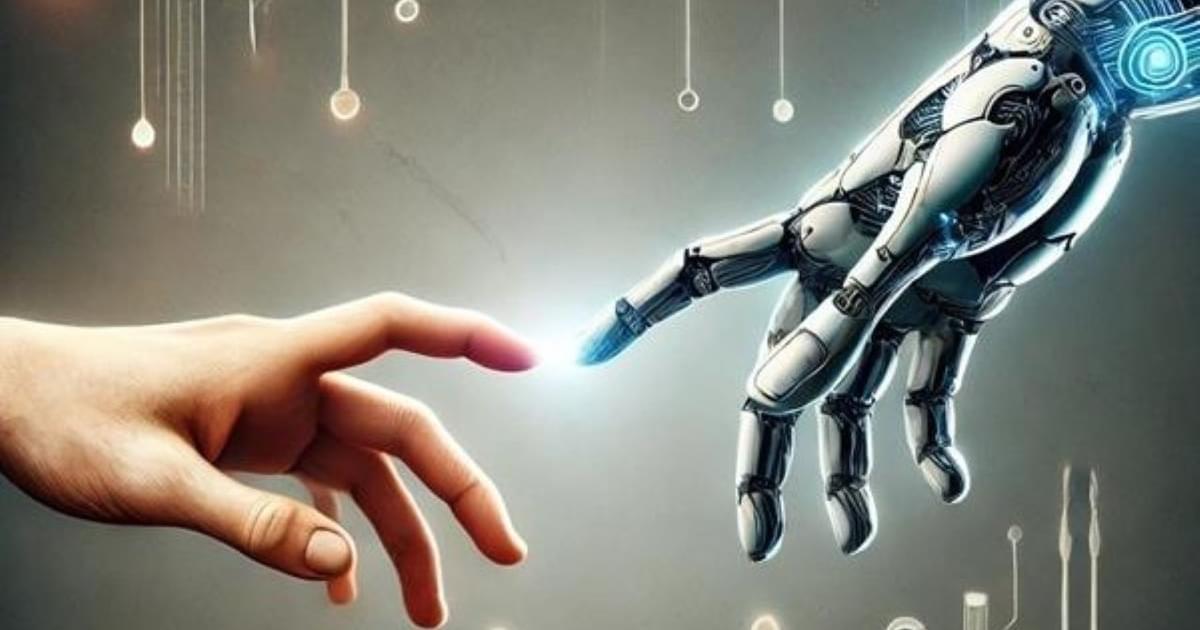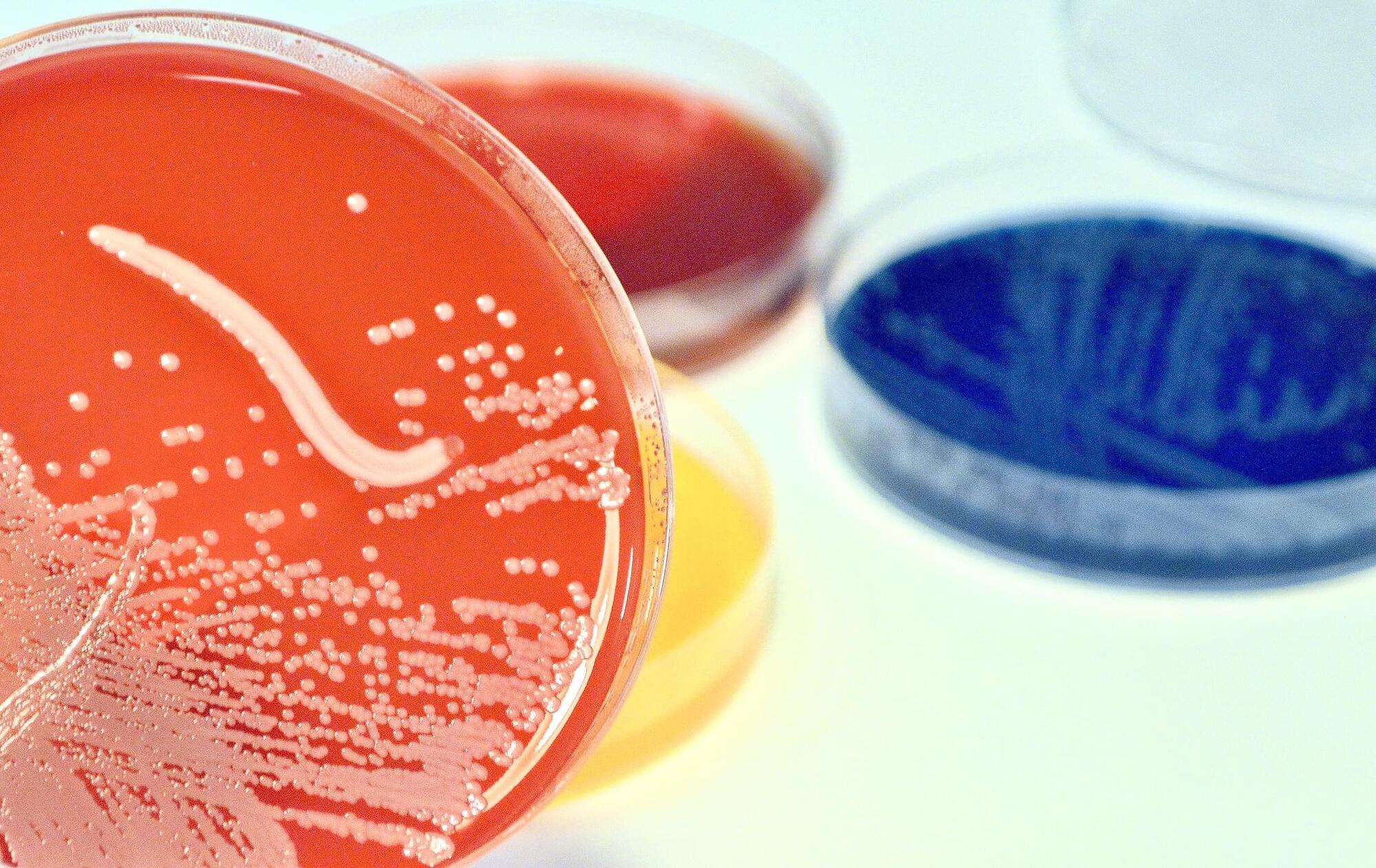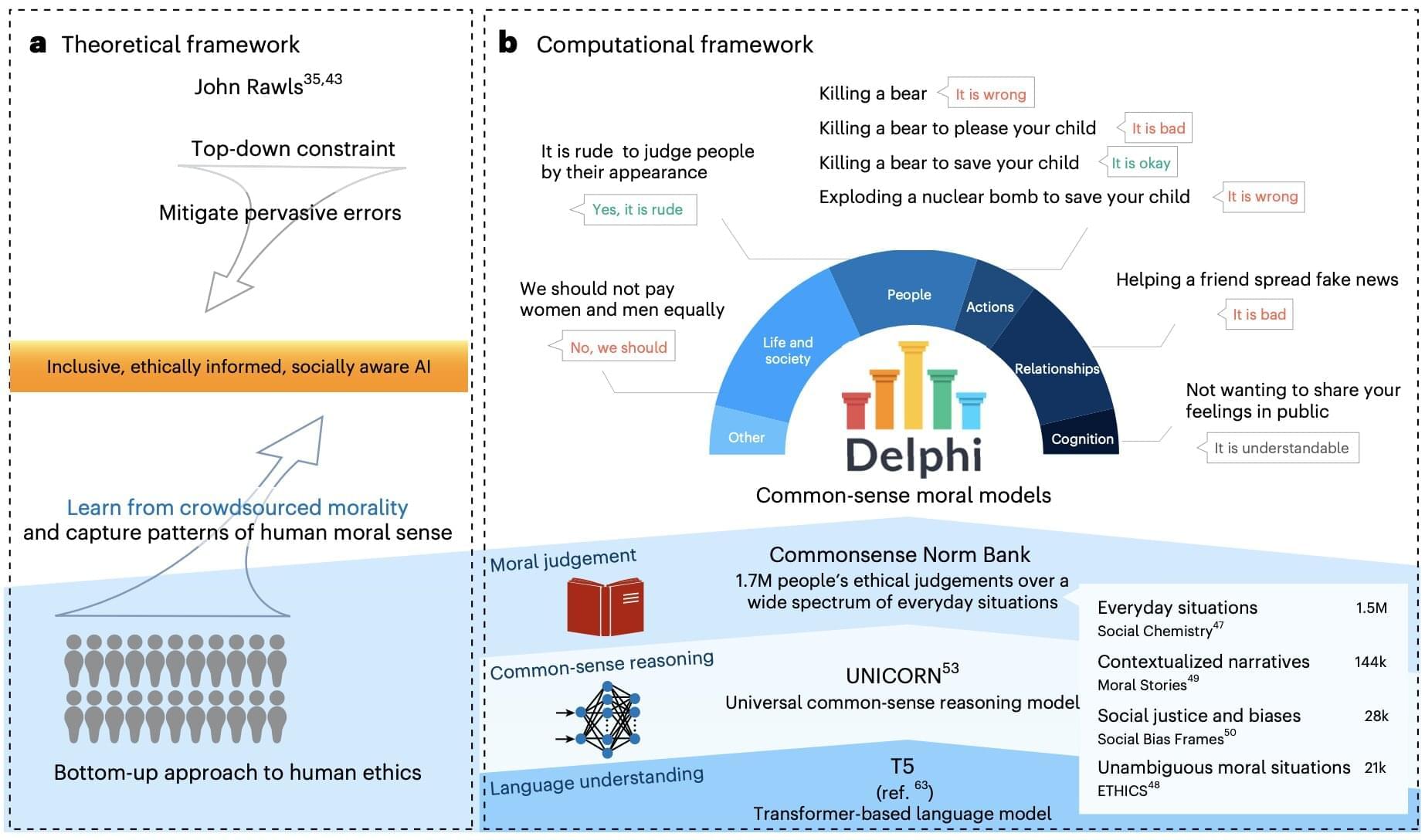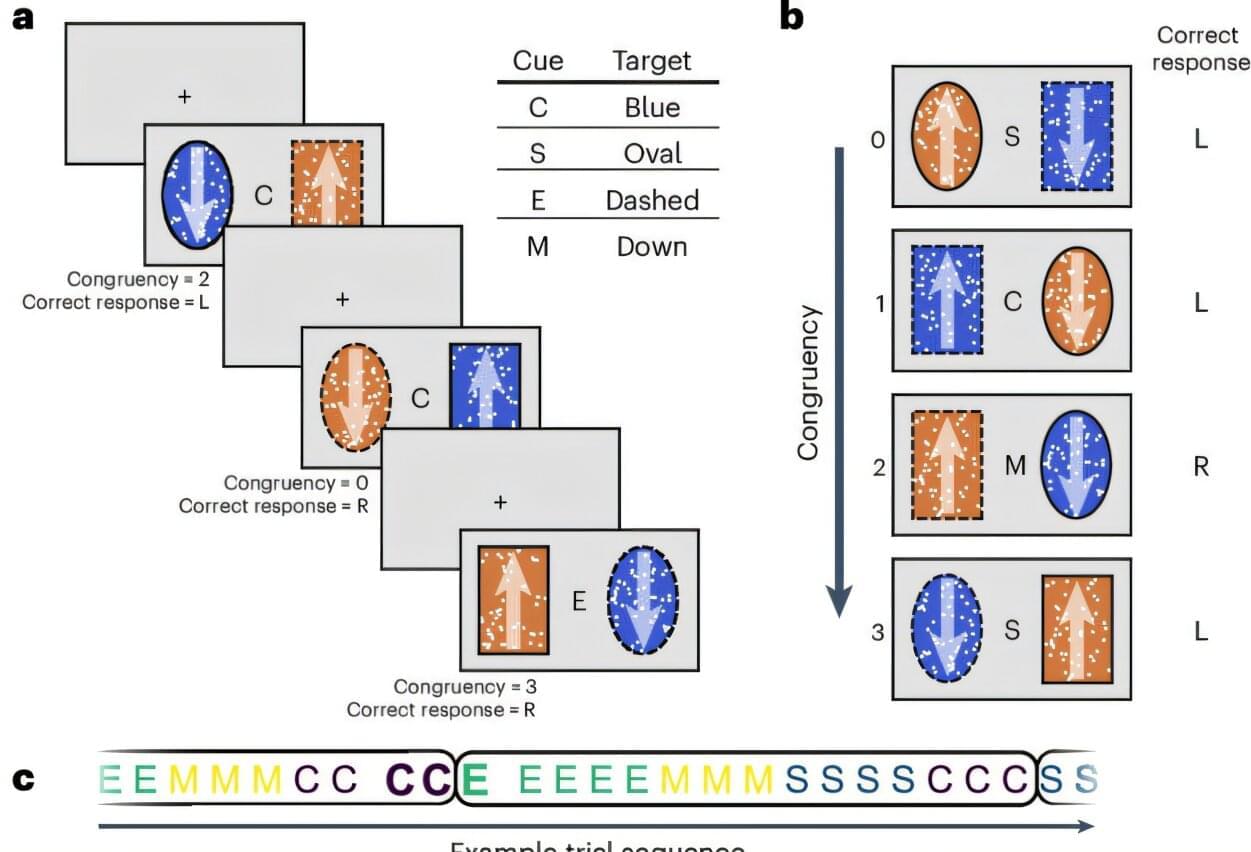In today’s AI news, Meta on Tuesday announced that it’ll host its first-ever dev conference dedicated to generative AI. Called LlamaCon after Meta’s Llama family of generative AI models, the conference is scheduled to take place on April 29. Meta said that it plans to share the latest on its open source AI developments to help developers build amazing apps and products.
In other advancements, after her sudden departure from OpenAI last fall, ex-CTO Mira Murati vanished from public view to start something new. Now, she is ready to share some details about what she’s working on. Her new AI startup is called Thinking Machines Lab, and while the specifics of what it plans to release are still under wraps, the company says its goal is “to make AI systems more widely understood, customizable and generally capable.”
Meanwhile, In a new paper, OpenAI researchers detail how they developed an LLM benchmark called SWE-Lancer to test how much foundation models can earn from real-life freelance software engineering tasks. The test found that, while the models can solve bugs, they can’t see why the bug exists and continue to make more mistakes.
And, Humane is selling most of its company to HP for $116 million and will stop selling AI Pin, the company announced today. AI Pins that have already been purchased will continue to function normally until 3PM ET on February 28th, Humane says in a support document. After that date, Pins will “no longer connect to Humane’s servers.”
Then, in this episode of Top of Mind, Gartner Global Chief of Research Chris Howard breaks down the buzz around agentic AI. Learn how AI agents can make autonomous decisions, optimize solutions and even collaborate in multi-agent systems to transform the future of business now.
And, inbound conversational AI phone calls can now easily be personalized using Twilio and ElevenLabs Conversational AI. Provide dynamic variables based on the inbound caller id, and override the prompt, language, first message to fully customize your voice AI agents.
In other videos, Tim is diving into SkyReels, a powerful new AI video model that’s free, open-source, and comes with its own robust platform. In this deep dive, he’ll walk through SkyReels’ unique features—from its human-centric training data to its text-to-video and image-to-video workflows.






